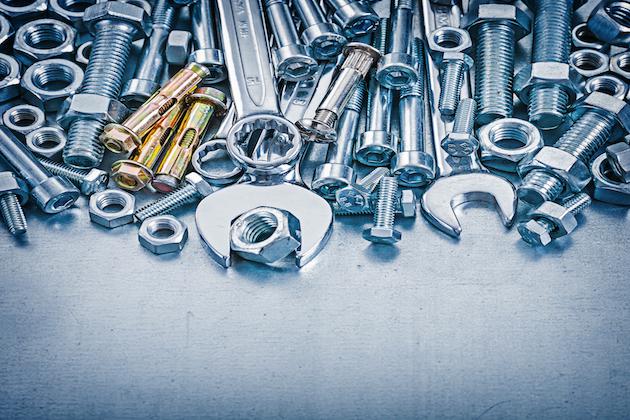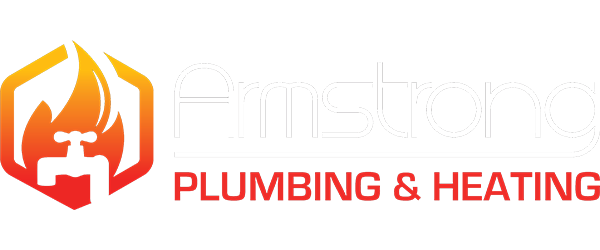When it comes to installing a new heating system, homeowners often find themselves uncertain about the available options. The primary goal is to find a reliable solution that effectively heats their homes and provides hot water. This article aims to shed light on two popular choices: gas heating and oil heating. By exploring their features, costs, environmental impact, and installation considerations, and addressing related topics that UK people are searching for, readers can make informed decisions about the best heating option for their homes.

Oil Heating
Oil heating serves as an alternative to the more common gas heating and finds widespread use in homes across the UK. Unlike gas heating, oil heating involves the delivery of oil to a tank in the garden or underground. Service is required to set up the delivery, with homeowners bearing the cost. The oil-fired boiler utilizes the oil to generate heat for hot water and radiators.
If your home isn’t connected to the gas grid, oil may be your best alternative source of heat. However, oil heating is not considered environmentally friendly, and the government is in talks about phasing out oil heating systems for new homes within the next decade. Additionally, oil boilers can be expensive to install from scratch and usually have to be freestanding, taking up more room than a typical gas boiler.
(More: Advantages of Oil Heating for Your Home)
(More: LPG vs Oil Heating: Which one should I choose?)
Gas Heating
Gas heating operates through a gas boiler usually mounted on a wall inside the home. Gas-fired boilers heat water, which is then circulated through the central heating system to warm the radiators. The gas supply comes from a gas mains connection in the street, connected to a pipe leading to the boiler.
Gas heating offers several advantages over oil heating. It produces lower emissions, making it a relatively more environmentally friendly option, although it still generates carbon dioxide when burning gas. As a heating source, it’s considered extremely reliable as homeowners don’t need to wait for deliveries that may be delayed or affected by bad weather, as is the case with oil heating. The gas supply remains continuous, ensuring efficient heating and hot water provision, contingent upon payment of gas bills. However, installing a gas heating system from scratch can be expensive, and any work on the gas boiler must be performed safely by a Gas Safe registered engineer due to the potential hazards associated with gas leaks.
Choosing the Right Heating System
The choice of a heating system depends on various factors, including the availability of gas in the area. In some locations, connecting to the gas grid may not be possible or cost-effective, making oil heating the more suitable option. Additionally, homeowners must consider whether they have an existing system in place. Switching from gas to oil or vice versa can be a substantial undertaking that requires careful evaluation of the associated costs and inconveniences. It is crucial to assess whether the potential benefits outweigh the expenses and disruptions.
If you’re installing a heating system for the first time, it’s worth looking into both gas and oil options. Consider estimating how much energy you and your family will use and whether one system will be more effective and efficient for your needs over the coming years. Taking into account factors such as cost, environmental impact, reliability, and convenience will help you make an informed decision.
Choosing the ideal heating system for your home requires careful consideration of various factors. Gas and oil heating offer distinct advantages and disadvantages. While oil heating is suitable for homes without access to the gas grid and can be cost-effective, it is not environmentally friendly, and government plans may phase it out in the future. On the other hand, gas heating is reliable, produces lower emissions, and provides a continuous supply, but installation costs can be high, and safety precautions are essential.
By assessing these factors and weighing the pros and cons, homeowners can make an informed decision about the heating system that suits their requirements. It is recommended to consult with heating professionals and obtain expert advice to ensure that the chosen system is installed correctly and operates efficiently.
Make an informed decision
Renewable Heating Systems
In recent years, there has been an increasing interest in renewable heating systems. Options such as air-source heat pumps, ground-source heat pumps, and solar thermal systems provide sustainable alternatives to traditional gas and oil heating. These systems utilize natural resources such as air, ground heat, and solar energy to generate heat for your home. While renewable heating systems may require a higher upfront investment, they offer long-term energy savings and contribute to reducing carbon emissions. It is worth considering these options if you are concerned about environmental impact and long-term sustainability.
(More: How to save money on your energy bills?)
Energy Efficiency
Energy efficiency is a crucial aspect to consider when choosing a heating system. Both gas and oil heating systems come in different models with varying levels of efficiency. Look for boilers with high energy efficiency ratings, such as those labelled with the ErP (Energy-related Products) directive. These boilers are designed to minimise energy wastage and reduce your heating costs. Additionally, consider proper insulation and draught-proofing measures in your home to maximise energy efficiency and minimise heat loss.
Maintenance and Servicing
Regular maintenance and servicing are essential to ensure the optimal performance and longevity of your heating system. Gas boilers require annual servicing by a Gas Safe registered engineer to ensure safety and efficiency. Oil boilers also require regular maintenance by an OFTEC-registered engineer. Proper servicing helps identify and address any potential issues, reduces the risk of breakdowns, and ensures that your heating system operates at its best.


Financial Assistance and Incentives
The UK government provides various financial assistance schemes and incentives to encourage the adoption of energy-efficient heating systems. For example, the Renewable Heat Incentive (RHI) offers financial support to homeowners who install eligible renewable heating systems. Additionally, energy efficiency grants and loans may be available to help with the upfront costs of upgrading your heating system. It is worth researching and exploring these options to potentially reduce the financial burden of installation.
Contact Us for more information on heating services in York, Tadcaster & Wetherby
At Armstrong Plumbing, we have extensive experience installing boilers and are Gas Safe and OFTEC registered. We proudly serve York, Tadcaster, and Wetherby, providing professional services through various communication channels. To reach us, you can call us on 07834 168464 or 01904 373075, email us at ben@armstrongplumbingandheating.co.uk, or fill out our online contact form. Our dedicated team will be happy to assist you with any inquiries or concerns you may have regarding your heating system needs.


